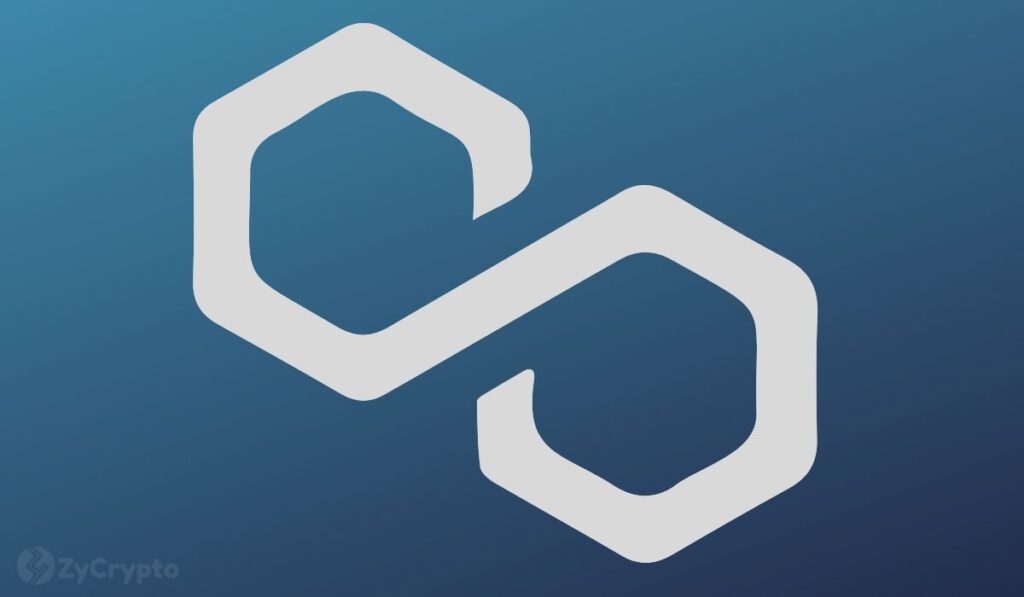- Polygon has announced a significant breakthrough in its quest for scaling Ethereum.
- The leap comes through the Polygon zkEVM that has “significantly improved proof-generation times.”
- Polygon’s zkEVM will be open-source and permissionless, keeping with the ethos of decentralization.
Ethereum has always grappled with the problem of scaling since its launch, leading to the rise of Layer-2 (L2) solutions. Polygon, a blockchain infrastructure provider, has seemingly cracked the puzzle for scaling Ethereum.
Introducing Polygon zkEVM
Polygon’s team has announced the upcoming launch of zkEVM as an ingenious solution to Ethereum’s scaling problem. According to a blog post, the team will be making the offering open-source and permissionless with a public testnet in the works to find areas where it can be improved.
“Working together, we’ve significantly improved proof-generation times,” said the team. “This makes Polygon zkEVM ready for primetime. Users will see dramatically reduced cost and improved speed.”
The team notes that the technicals do not differ from Ethereum as developers can still build and use the same toolings on Polygon zkEVM in the same manner as Ethereum. The only difference is that Polygon’s new offering is faster and cheaper, says the team.
Rollups such as Polygon’s zkEVM are one way for Ethereum to compete with rival blockchains like Solana and Tezos that have faster transaction times. The problems of skyrocketing gas fees have taken some of the shine off the network, but Polygon zkEVM will allow for scaling without compromising security.
 
 
While it is common knowledge that zero-knowledge rollups were the way forward for Ethereum’s scaling, industry experts believed that it would take several years to develop one compatible with the Ethereum Virtual Machine (EVM) and offer true scalability.
“Everybody thought it was at least 12 to 18 months away,” said Sandeep Nailwal, Polygon’s co-founder. “But here we are, and we are open sourcing the code and making the test net live.”
Ethereum’s Proof-of-Stake transition will not be a problem
The team revealed that zkEVM’s mainnet launch had been scheduled for early 2023, years ahead of schedule. However, there have been concerns over how the zkEVM will operate with Ethereum’s proposed switch to Proof-of-Stake.
The team eased fears by stating that the zkEVM will play the role of “a stopgap solution for transaction latency” ahead of Ethereum’s transition. Mihailo Bjelic, Polygon’s co-founder, told reporters that zkEVM will still reduce transaction fees by 90% even after the transition and will “subsequently enable even greater gains in throughput.”
Last week, Polygon was one of six companies selected to join Disney’s accelerator program, as the only blockchain company to make the exclusive list. The feat sent MATIC’s price to record double-digit gains in under a day as transaction volumes spiked.


